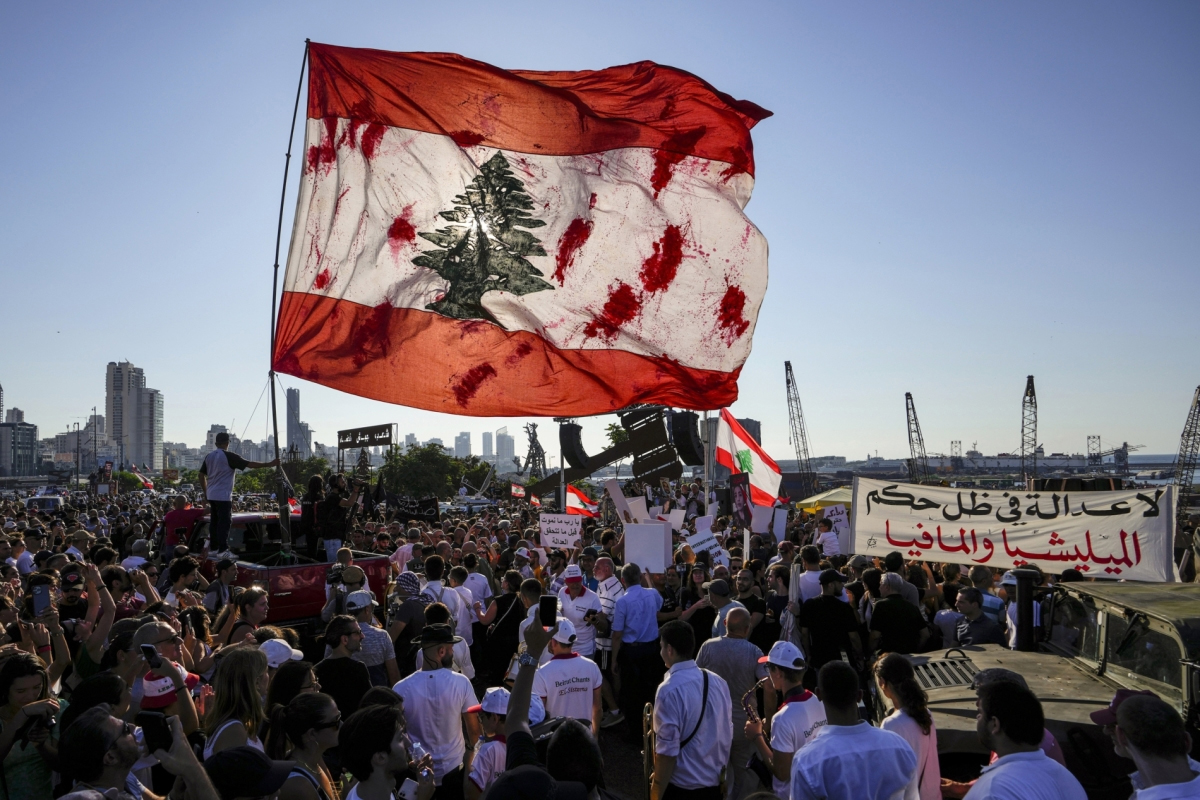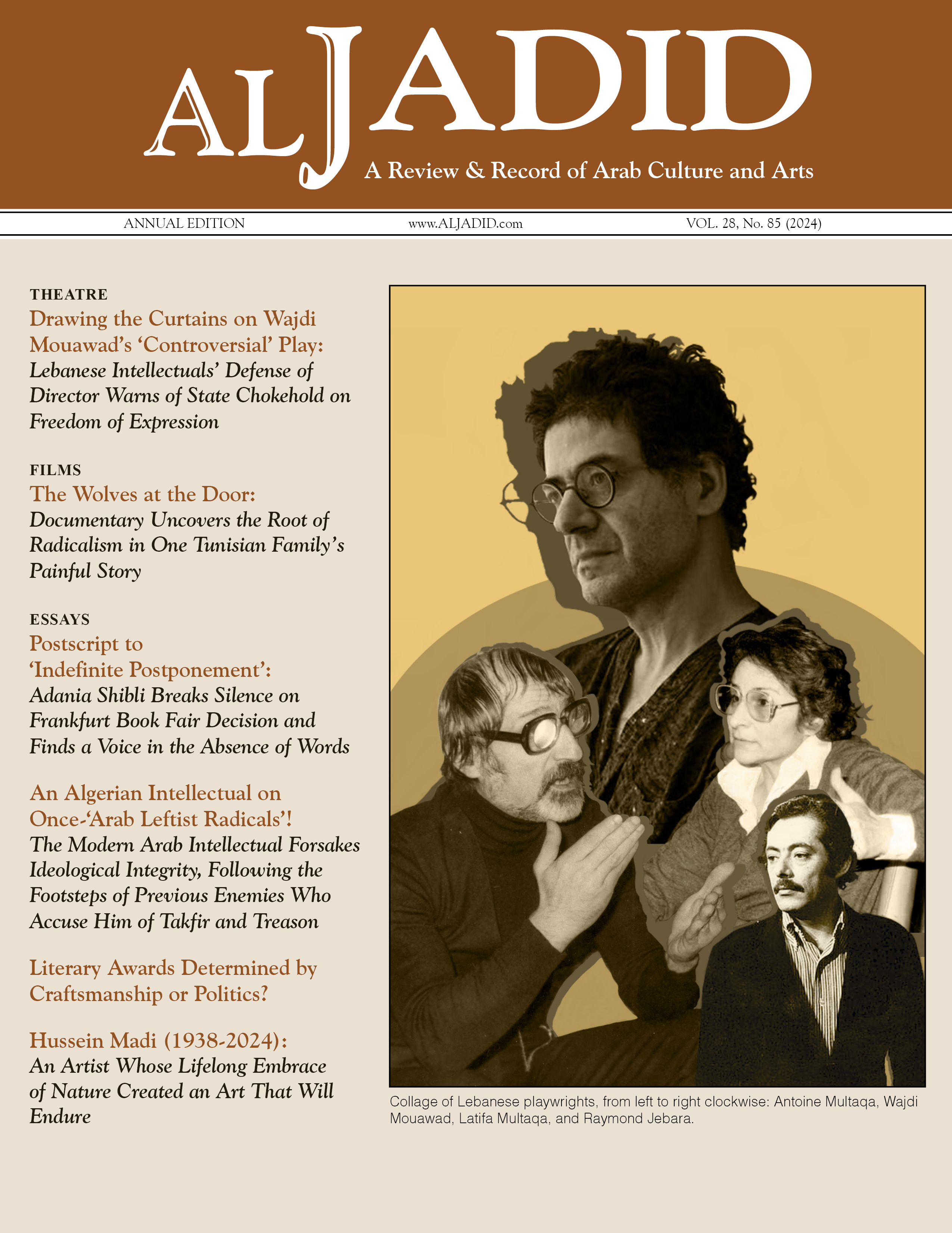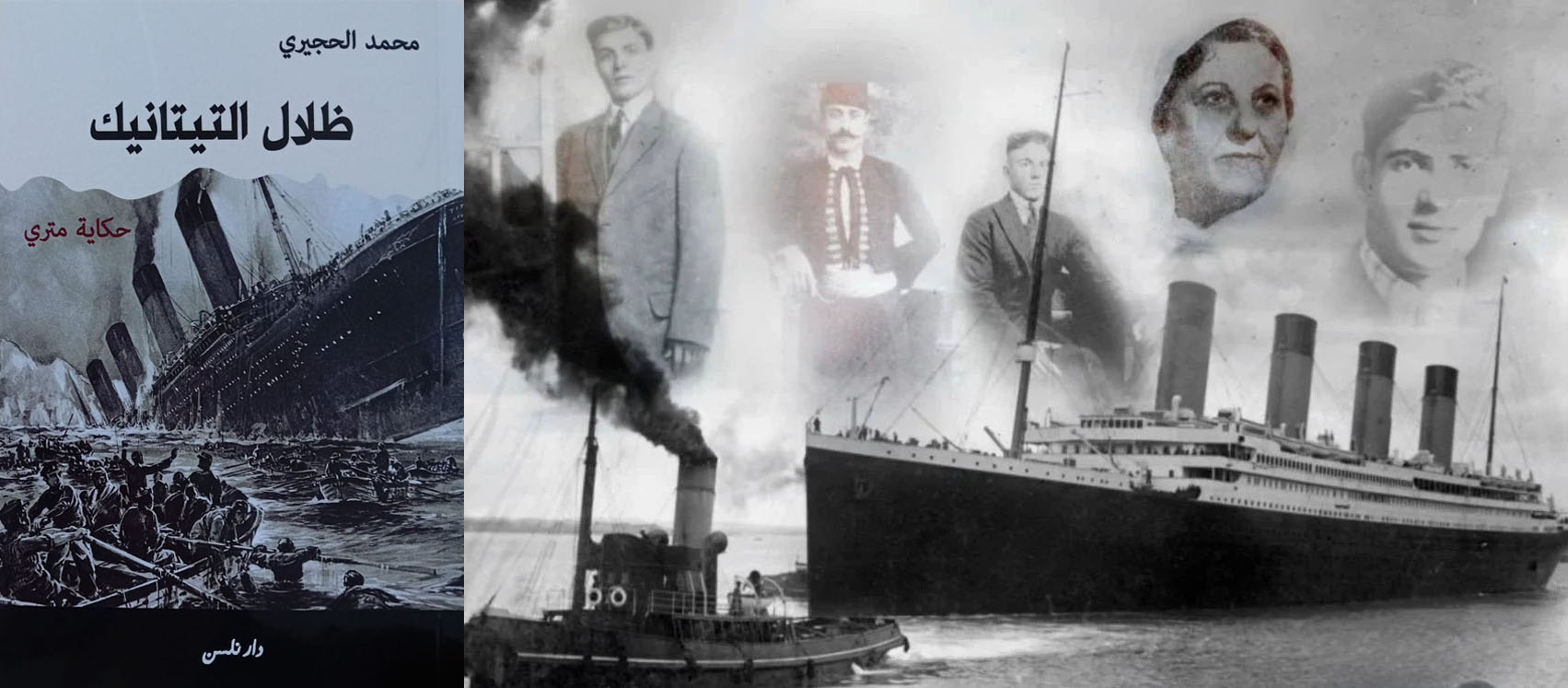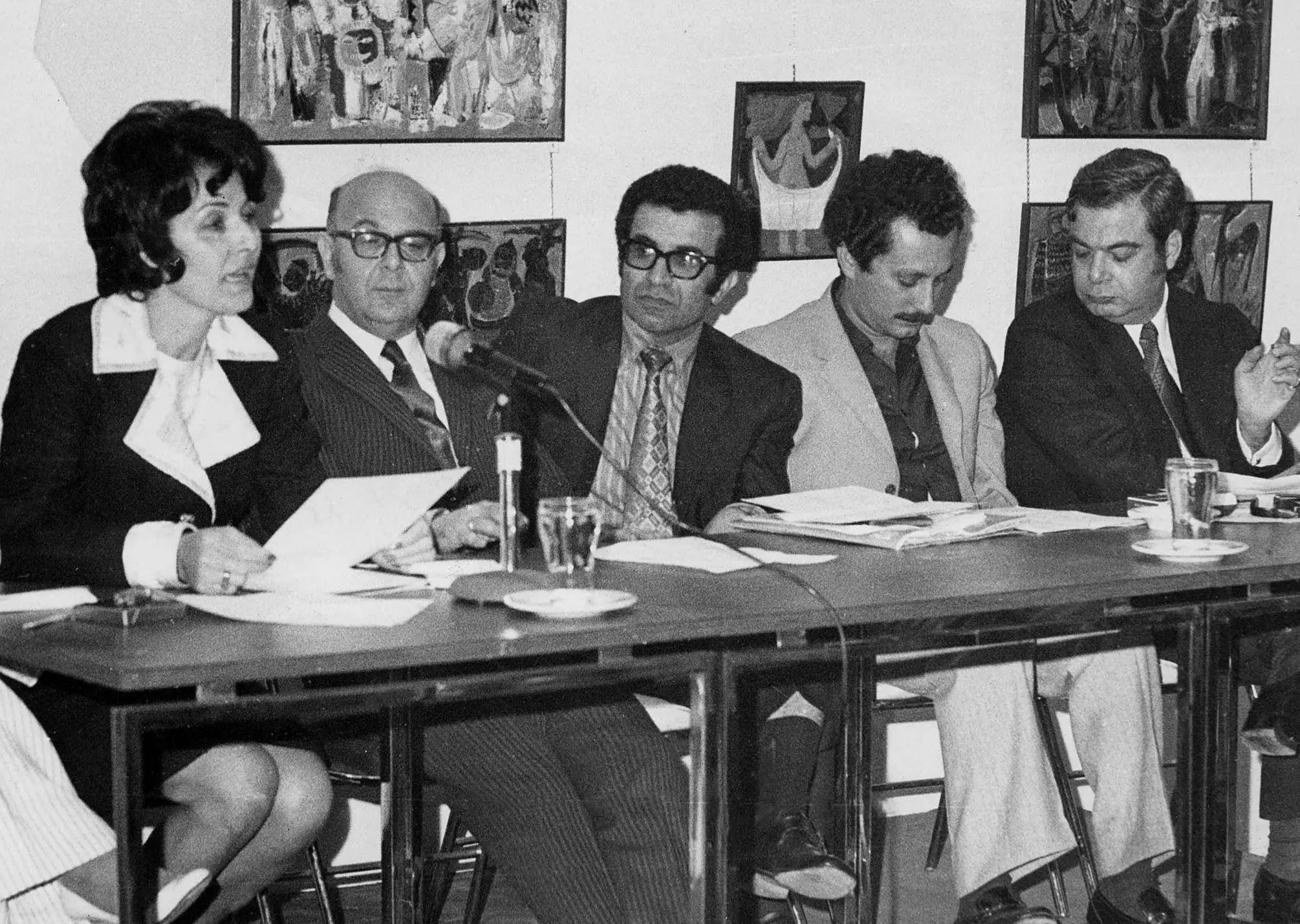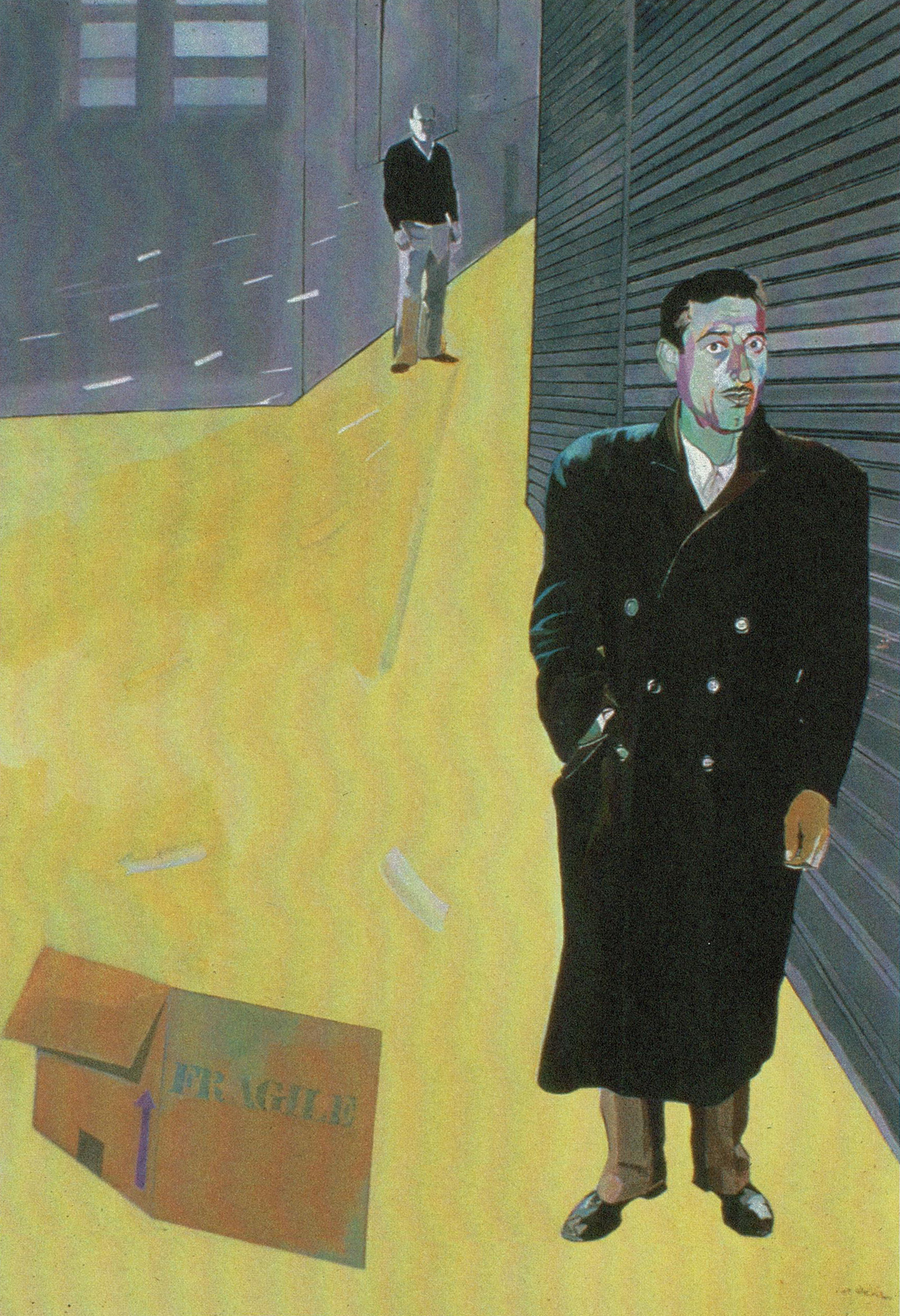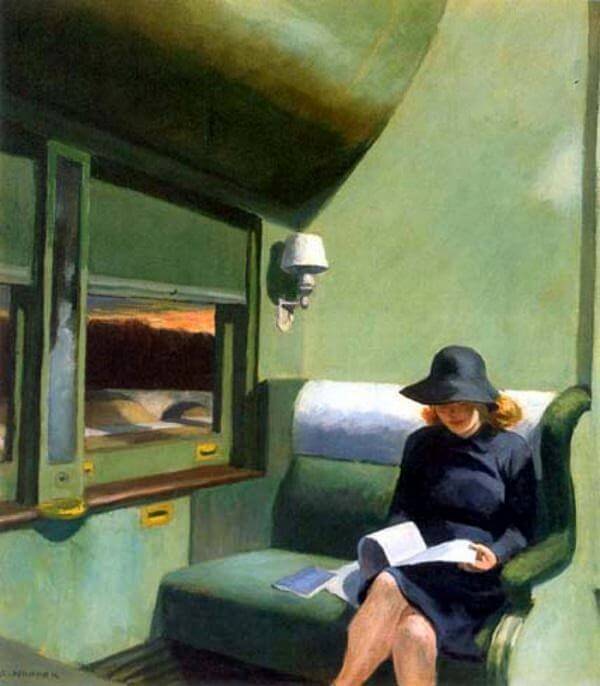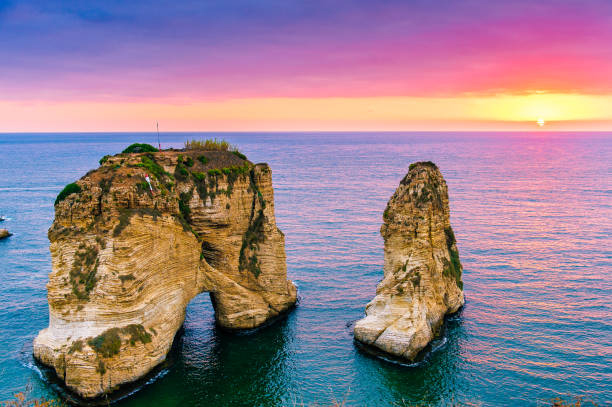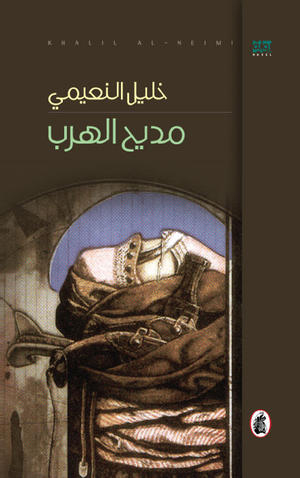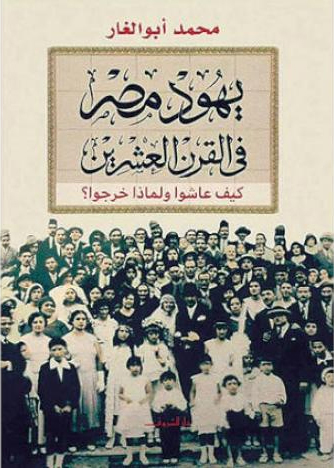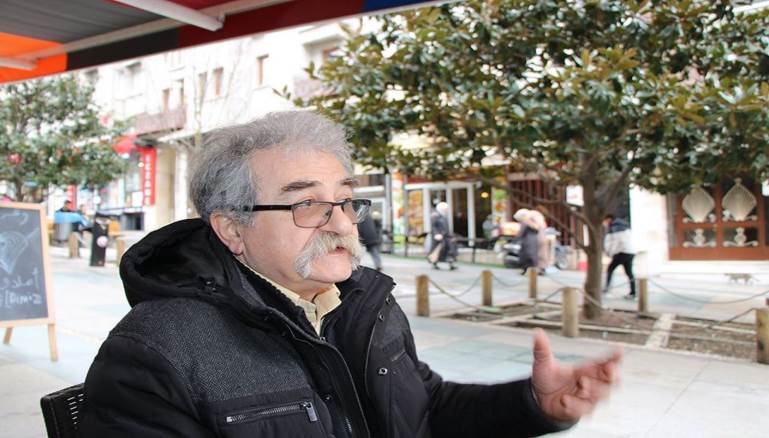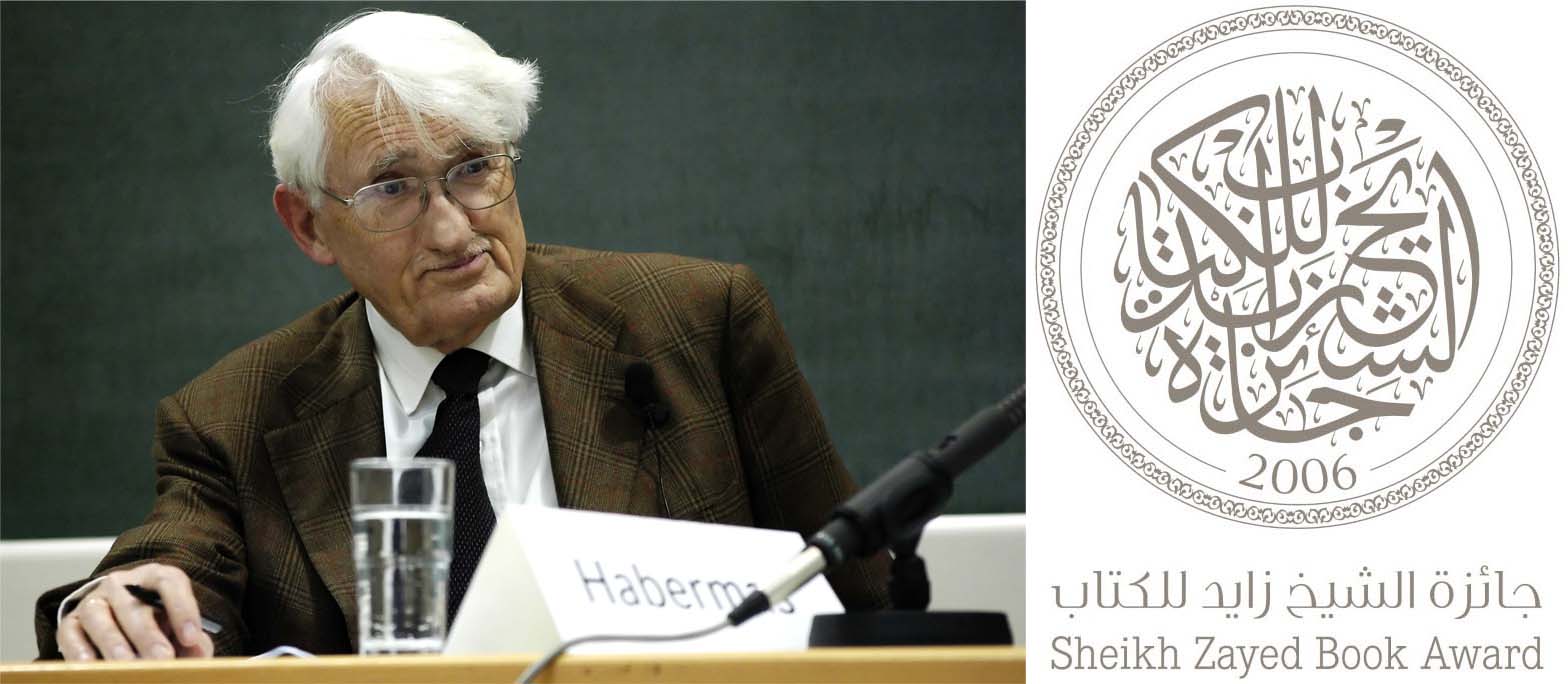
How Politics and Prizes Are Strangling Arab Literature!
Arab literary prizes sabotage Arab literature, according to Syrian novelist Khalil al-Naimi in an interview with Al-Quds Al-Arabi.
A Multifaceted Diaspora: New History Explores the Many Reasons for 20th Century Exodus of Egyptian Jewry
Once home to as many as 75,000 Jews, today’s Egypt has a sparse population, with only nine Jewish Egyptians living in the country in 2021, according to the Jewish Virtual Library. Dr. Muhammad Abu al-Ghar’s new book, “The Jews of Egypt in the Twentieth Century: How They Lived and Why They Left” (Dar al-Shorouk, 2021, 476 pp) addresses the departure of Jews from the country from the early to mid-19th century to the present.
The State of Arab Journalism: Emile Menhem’s Dynamic Blend of Text and Visual Aesthetics Modernizes the Arab Newsroom
Emile Menhem: Invigorating Arab Journalism Through Graphic Design
By Lara Balaa
Khatt Books, 2019

